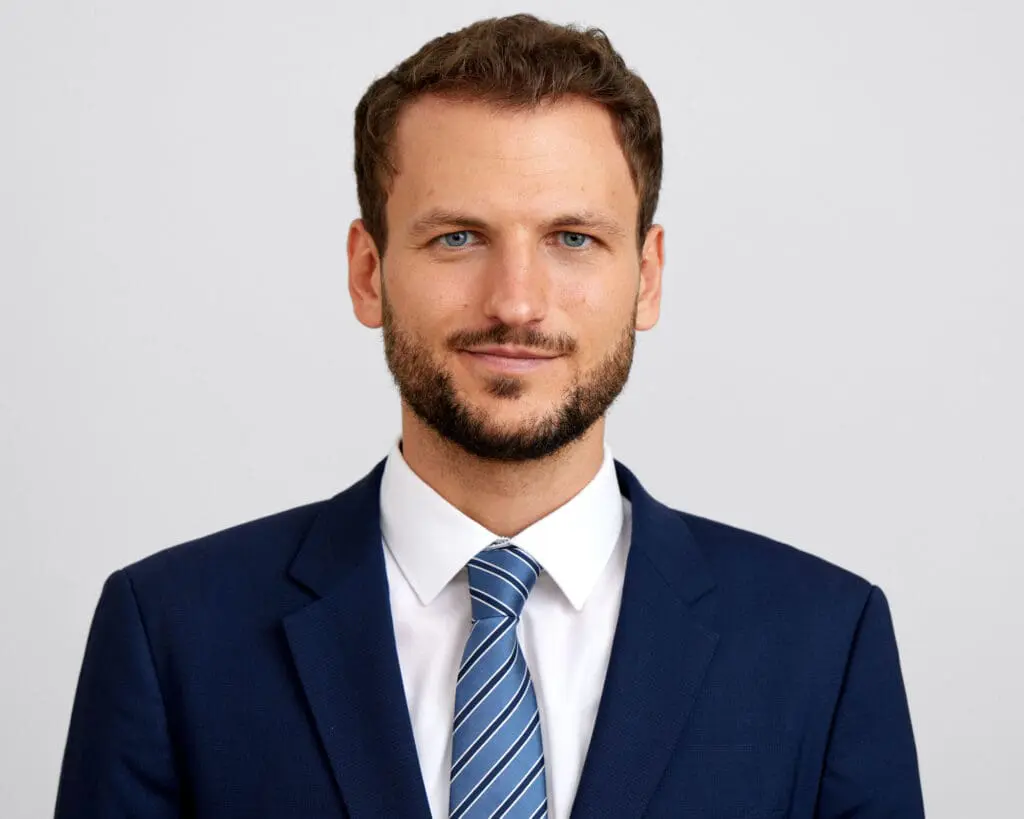Start of the criminal proceedings
As soon as there are certain indications that a criminal offense has been committed, there is an initial suspicion under criminal law. If such an initial suspicion is confirmed, the public prosecutor’s office and the criminal investigation department start investigations to clarify the suspicion. This is the beginning of criminal investigation proceedings.
As soon as the criminal prosecution authorities have a person accused in criminal proceedings, they are generally obliged to inform the accused of this in writing.
The notification may only be omitted for as long as special circumstances give rise to fears that the purpose of the investigation would otherwise be jeopardized, in particular because investigations or the taking of evidence are to be carried out whose success presupposes that the accused has no knowledge of the investigations being conducted against him.
In practice, in the vast majority of cases, the accused is (first) notified by the criminal investigation department serving a summons for questioning as a suspect or in the course of a coercive measure (e.g. a house search).
It is advisable to consult a criminal defense lawyer quickly
As soon as an accused becomes aware that he or she is being investigated in criminal proceedings, there is an acute need for protection. In this situation, it is advisable to involve a criminal defense lawyer as soon as possible. A specialized lawyer can not only assess the legal aspects of the case, but also act as an intermediary between the person concerned and the prosecuting authorities. In addition, the defense lawyer provides a strategy for the best possible defense and acts as “human support” in this challenging situation.
Important rights of the accused
Throughout criminal proceedings, the prosecuting authorities are bound by statutory principles such as the principle of official channels and the principle of objectivity. They must therefore collect both incriminating and exculpatory evidence ex officio. The accused is not merely an object in these proceedings, but a party to the proceedings with important rights that must be exercised effectively.
The most important rights of the accused in investigation proceedings include
- the right to consult a defense lawyer of his choice (Sec 58 of the Austrian Code of Criminal Procedure (StPO),
- the right to be heard, which also includes the right to make a statement or to refuse to make a statement (Sec 7 para 2 StPO, Section 49 para 1 no 4 StPO),
- the right to access files (Sec 51-53 StPO),
- the right to request the hearing of evidence (Sec 55 StPO),
- the right to appeal (e.g. objection due to violation of the law under Sec 106 StPO and complaints under Sec 87 StPO) and
- the right to apply for the investigation proceedings to be discontinued (Sec 108 StPO).
During the investigation proceedings, the accused therefore has numerous opportunities to actively participate in the criminal proceedings. This is advisable, as the foundations for the rest of the trial are laid at this stage of the proceedings. An effective defense strategy can help to quickly refute the accusations or influence the proceedings through targeted motions for evidence.
As soon as it becomes known that a criminal investigation proceeding is pending, the defense lawyer should quickly request access to the files, develop a defense strategy and discuss possible courses of action with his client. It is often advisable to promptly provide the investigating authorities with a description of the facts of the case from the perspective of the accused.
A coordinated defense ofseveral accused, in which the respective defense lawyer coordinates with each other, can make sense depending on the facts of the case. In principle, each accused person or accused association should be represented by its own lawyer.
Interrogation of the accused and written statement
Accused and defendants may answer as they wish in criminal proceedings as long as they do not infringe the rights of third parties in an unlawful manner (e.g. by false testimony). They may or may not make a statement during a hearing of the accused, without this being to their disadvantage. In principle, it is not advisable to take part in the questioning as a defendant or accused without the presence of a criminal defense lawyer. Mistakes made there can hardly or not at all be remedied afterwards.
It is also possible to submit a written statement in which the facts of the case and the key legal points are set out from the perspective of the accused. This procedure has the advantage that the accused can avoid the pressure of an oral hearing. Here too, it is advisable to draw up the statement with the support of a lawyer so that it contains the information that is essential for the prosecuting authorities.




